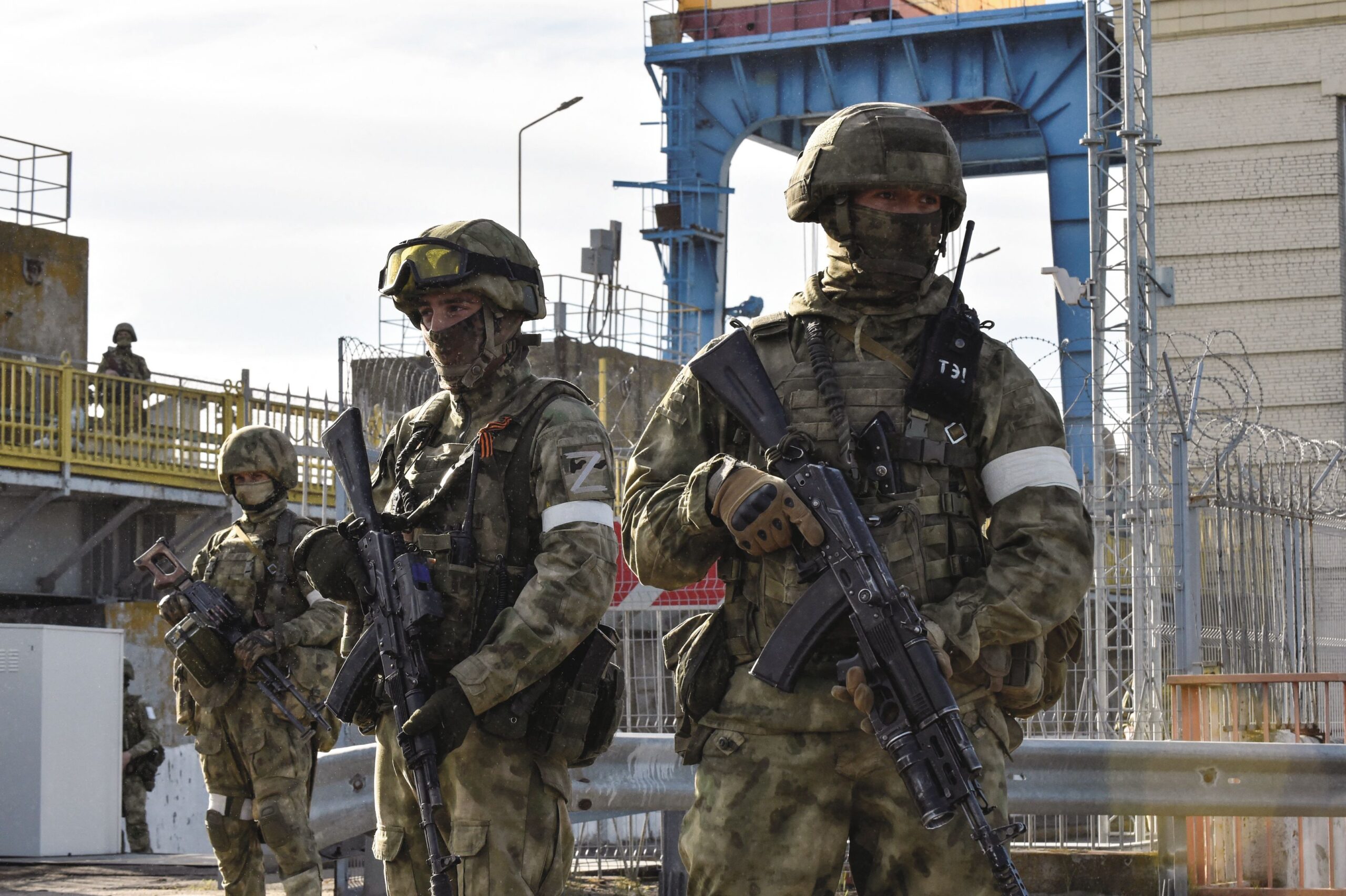In today’s geopolitical landscape, various countries have decided to restrict some of their trade in order to develop their autonomy and sovereignty, while at the same time increasing their spending on defence technology. Such a context may favour the development of research activities centred on defence issues and may encourage certain types of scientific cooperation. The question then is to determine whether the phenomenon of polarisation observed for certain activities also exists within the scientific community working on defence issues.
With this in mind, we took a specific interest in the community of economists working on security and defence issues, by studying their publications in the journal Defence and Peace Economics. This journal can be considered as the reference journal in defence economics and therefore as illustrative of research efforts in this field. In an article published in the same journal, we analysed all of the 1,069 articles published between 1994 and 2023, with the aim of analysing the evolution of the topics covered and, at the same time, analysing the co-author networks.
Our analysis reveals the presence of significant international cooperation, with a predominant role played by the United States and the United Kingdom. It also shows the integration of an increasingly diverse group of countries over time, although the rate of international co-publication has fallen over the last five years of the analysis. The central theme of the journal is military spending and its interaction with economic growth. The thematic evolution of the journal reflects the integration of contemporary security issues, in particular the analysis of new forms of warfare and the assessment of geopolitical risks. In addition, we have observed a growing diversity of subjects in the journal, which can be assumed to be the result of the significant increase in the number of authors observed since 2004.
Overall, we can assume, independently of the journal’s growth dynamics, that the expansion and diversification of co-author networks reflects a growing interest in defence economics issues. The observed decrease in international cooperation over the period 2019-2023 may have various explanations. These include COVID-19, a significant increase in the overall number of authors with a potential tendency to seek collaborations within their local or national networks, or research funding policies favouring more local or national cooperation on certain subjects.
Although the core of the journal’s publications has always focused on the relationship between military spending and growth, we have observed that the publication themes reflect the evolution of our society’s challenges in terms of security and defence, both locally and globally. Surprisingly, however, only a minority of the journal’s authors seem to focus their research efforts on defence technology issues, with innovation and R&D relatively distant from the core of the journal’s publications, even in the most recent periods. We therefore see this as a potential research opportunity, even if access to data on certain defence technologies is likely to be somewhat difficult.





